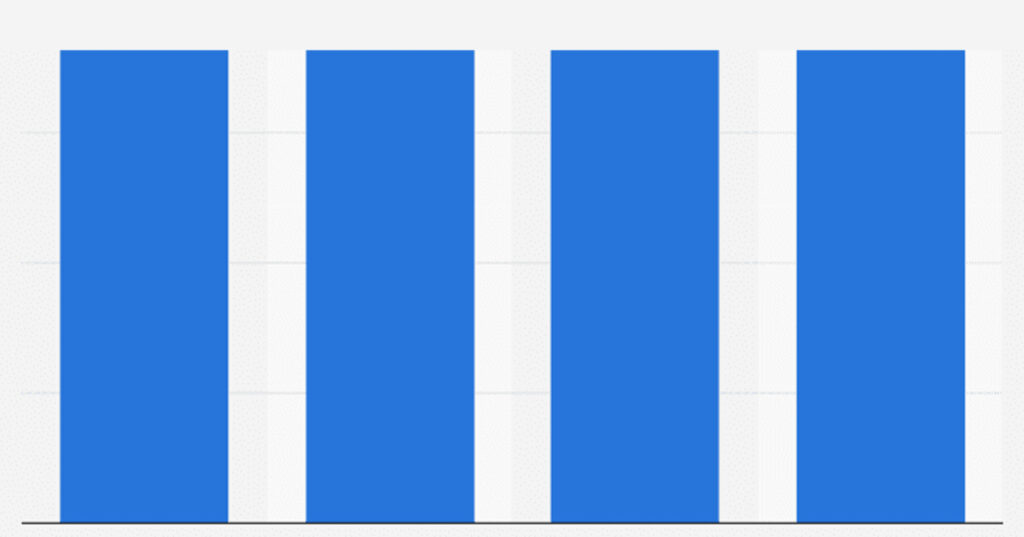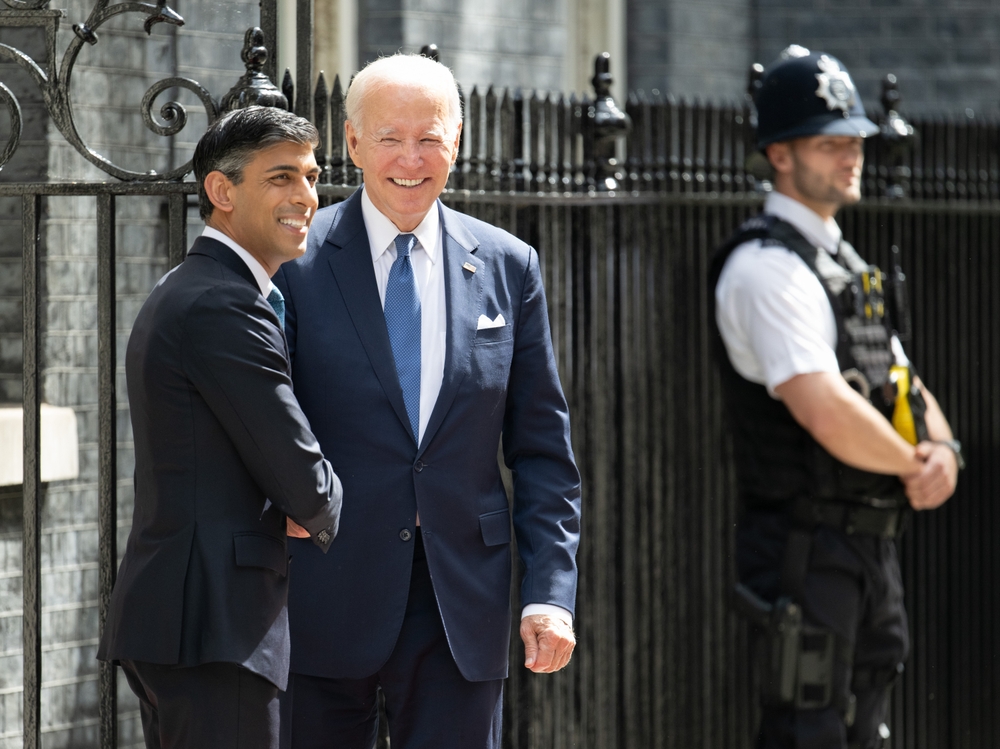
Conservative Campaign HQ is in optimistic mood, according to Dan Hodges in the Daily Telegraph. Despite Labour’s stubborn lead, he reports, Tory strategists believe voters find Ed Miliband unconvincing and that an improving economy will eventually translate into higher living standards. They are also confident in their campaign team, both at the centre and in target seats, and in their use of data to reach key voters.
All this was very cheering until I got to the part about the Tories’ private polling. In September I published a poll of the forty most marginal Conservative seats. In the 32 with Labour in second place, the Tories trailed by 14 points, 43% to 29%. According to one “Tory analyst”, however, this is not the true picture because it fails to take into account the incumbency factor – the advantage held by sitting MPs, particularly those defending their seats for the first time. The party “re-ran” my poll, the Tory analyst said, “but included the name of the sitting MP. We were ahead by 2 per cent”.
There are several problems with this. The incumbency factor is well documented, but if it were having a meaningful effect it would have done so in my poll – it would not be necessary to prompt for it by naming the MP. (More worrying, maybe it is having an effect, and without it my poll results would have been even gloomier).
As worrying is the idea that the private poll “included the name of the sitting MP” but – by implication, and of necessity since not all candidates will have been selected – nobody else. It would not be surprising if this skewed the result considerably in favour of the incumbent. Did the party really spend money on a such a flawed survey?
Even if they did, it sounds unlikely that you could transform a double-digit deficit to a 2-point lead simply by naming the MP. Which makes one wonder about other aspects of the poll. Which seats was it conducted in? What was the sample size? How was it weighted? How were the questions worded? With most polls, including mine, all this information is published. Where it is not, it is worth taking any reported results with more than a pinch of salt.
These questions bring with them a sense of déjà vu. Those who have read Smell The Coffee, my account of the 2005 election, will recall that it was precisely this kind of nonsense that prompted me to start polling in the first place. Lord Saatchi, then the Conservatives’ co-chairman, announced in 2004 that despite Labour’s national lead the Tories private polling put them ahead in the marginals, and on course to win the election. This sounded so unlikely to me that I decided to commission my own research to find out whether it was really true. We know what the answer was.
There is nothing wrong with trying to cheer up the troops. But the correct response to bad poll numbers is to learn from them and change them, not to try and rebut them. Boosting morale is one thing; being in denial is another thing altogether.


